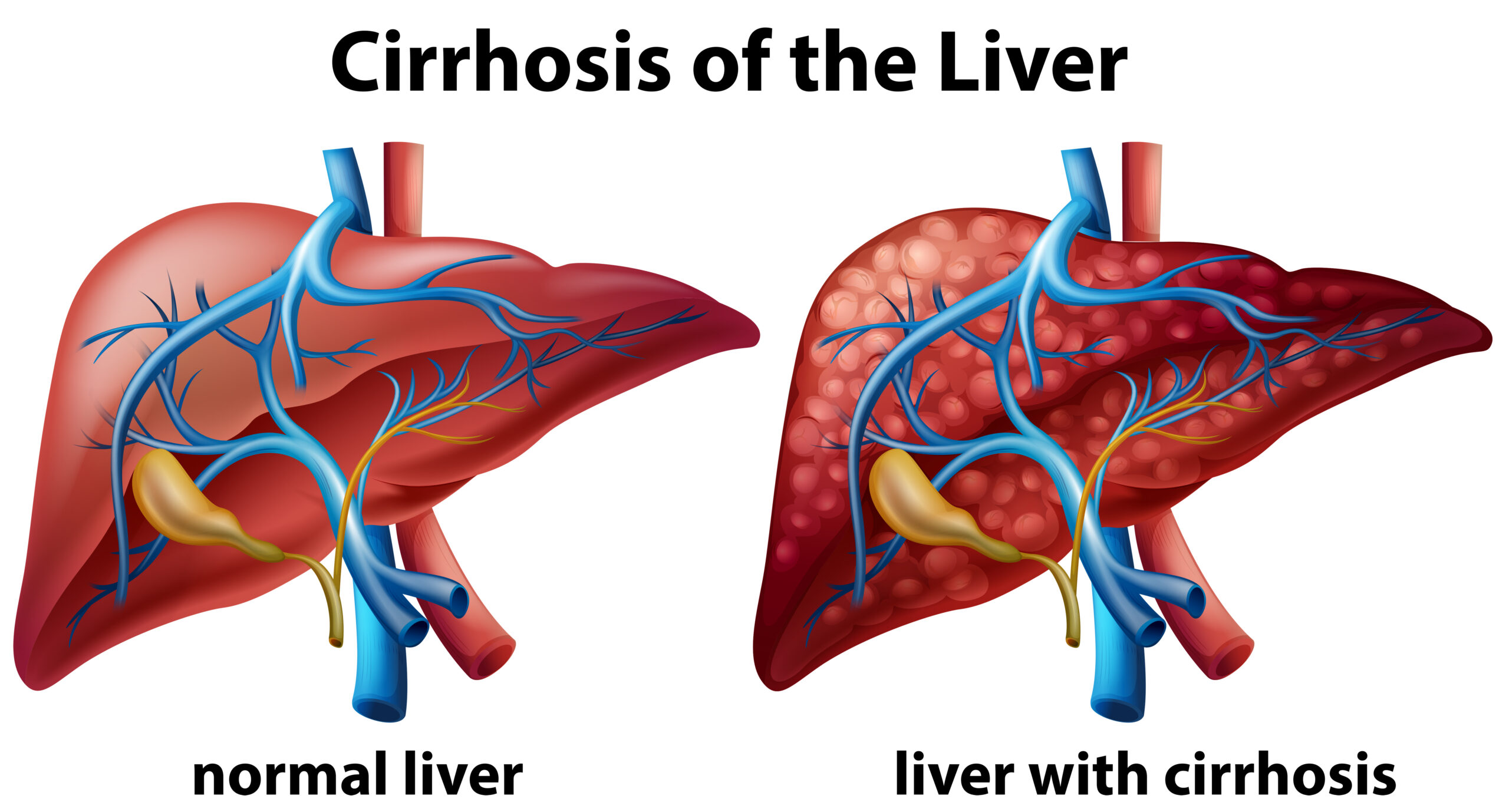Papayas grow in tropical climates and are also known as papaws or pawpaws . Their sweet taste, vibrant color, and the wide variety of health benefits they provide make them a popular fruit. The papaya, a previously exotic and rare fruit, is now available at most times of the year. The possible health benefits of consuming papaya include a reduced risk of heart disease, diabetes, cancer, aiding in digestion, improving blood glucose control in people with diabetes, lowering blood pressure, and improving wound healing.
Benefits of Papaya
- Asthma prevention
- Cancer
- Bone health
- Diabetes
- Digestion
- Heart disease
- Inflammation
- Skin and healing
- Hair health
Papayas are also a good source of:
- Folate
- Vitamin A
- Magnesium
- Copper
- Pantothenic acid
- Fiber
They also have B vitamins, alpha and beta-carotene, lutein and zeaxanthin, vitamin E, calcium, potassium, vitamin K, and lycopene, the powerful antioxidant most commonly associated with tomatoes.
Side effects
People with a latex allergy may also be allergic to papaya because papayas contain enzymes called chitanases . They can cause a cross-reaction between latex and the foods that contain them. To some, ripe papaya can have an off-putting odor. You can minimize this smell by mixing the cut fruit with lime juice. The seeds of the papaya, though unpleasant tasting to some, are perfectly safe to consume.
Side effects associated with the excess use of papaya are:
- Skin irritation.
- Allergic reaction.
- Uterine contractions (miscarriage).
- Carotenemia (skin discoloration ; yellowing of soles and palms).
- Stomach upset.
- Breathing difficulties or wheezing (whistling sound during breathing).
- Nasal congestion.




